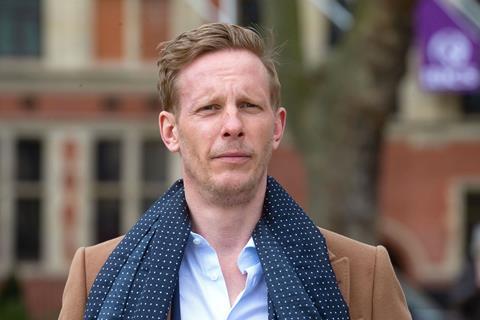Actor Laurence Fox is seeking the first jury trial in a libel case for a decade over a social media spat between him and three public figures he called ‘paedophiles’ on Twitter.
The presumption in favour of jury trials was reversed by the Defamation Act 2013 and, while libel claims can still be heard by a judge and jury, there is not believed to have been a libel trial before a jury since comedian Frankie Boyle’s successful case against the Daily Mirror in 2012.
Fox is being sued by Simon Blake, former vice chair of LGBT charity Stonewall, RuPaul’s Drag Race star Crystal, whose real name is Colin Seymour, and Coronation Street actress Nicola Thorp – and is counterclaiming against the trio for alleging he is a ‘racist’ – over tweets sent in October 2020.
The former London mayoral candidate argues there is a risk of ‘involuntary bias’ on the part of the judge hearing the case, in part as a result of the ‘expansive’ definition of racism adopted by the Judicial College last year. The most recent edition Equal Treatment Bench Book states that racism is ‘a term defined more by effects/outcomes than by motives’ – a description which Fox’s lawyers told the High Court today ‘does not reflect the way ordinary people use the word’.

His barrister Alexandra Marzec said a jury would be ‘a diverse group of people better able to reach a consensus on the meaning of the word racism, as to which there is currently a very wide gulf of understanding’.
She added in written submissions that the vindication Fox could obtain from a jury ‘will be worth all the more, not least for being incapable of being undermined on the lazy basis that a white judge sided with a white man who denied being racist’.
However, the claimants’ barrister Heather Rogers QC said in her skeleton argument that Fox’s arguments in favour of a jury trial were ‘misconceived’ and described his reliance on the Equal Treatment Bench Book as ‘akin to resorting to a dictionary’. She also said that a jury trial will ‘undoubtedly take longer’, would mean witness statements do not stand as evidence in chief, create arguments about how the jury are to be directed and lead to a risk that a jury’s verdict may be ‘misunderstood’.
‘In short, a judge is far better placed to determine the issues in this action – and to make clear the basis for their decision – than a jury,’ Rogers concluded.
The hearing before Mr Justice Nicklin continues.


























